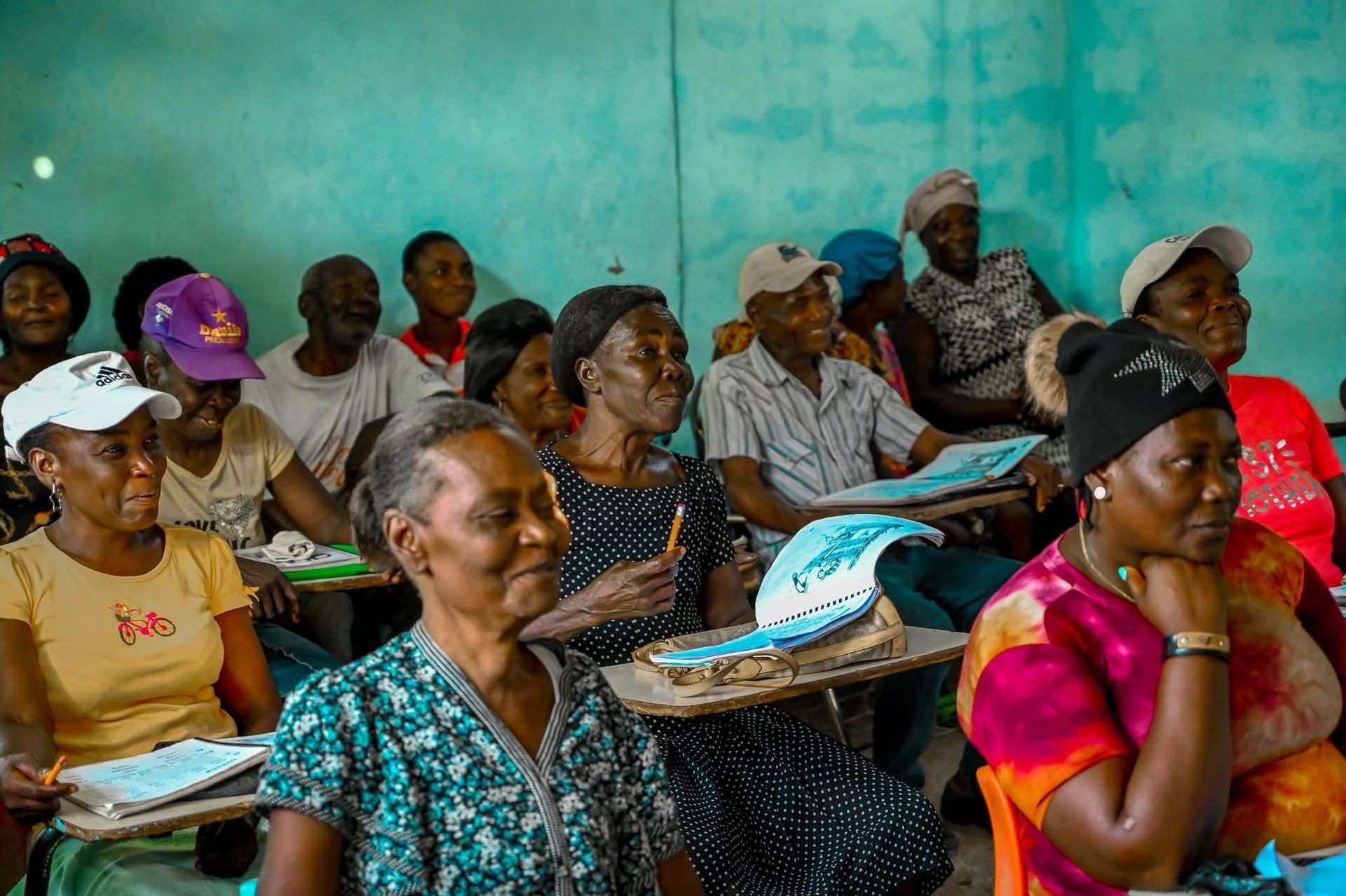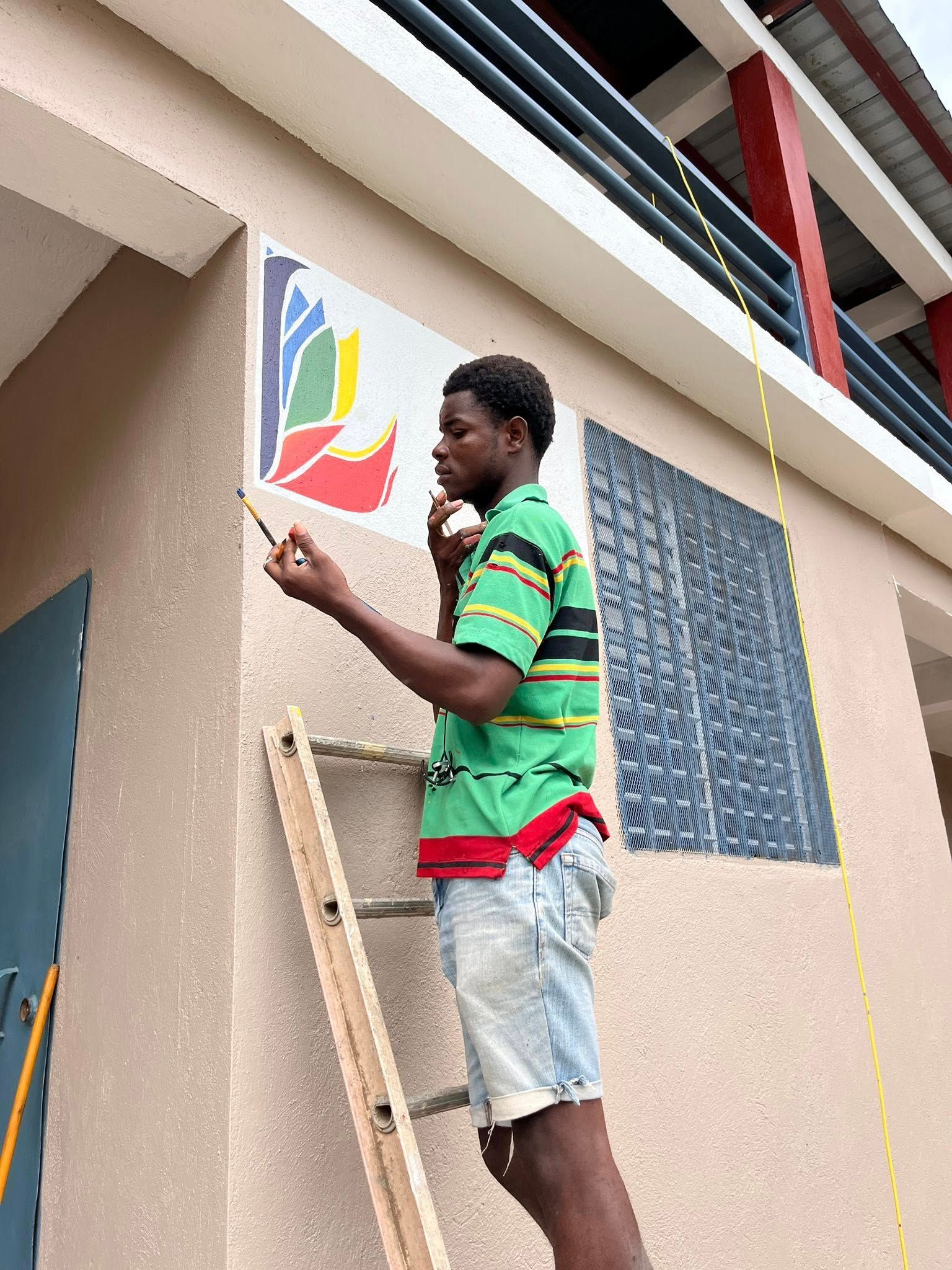Igniting a movement for education for all
The outlook for the achievement of Sustainable Development Goal 4 (SDG4) on global education is far from rosy. But a gloomy future isn’t inevitable. Disappointing statistics are the result of political choices that can be shifted and there are thousands of youth, grassroots activists and civil society organisations across the UK advocating for global education to make these changes. We need more people involved to build the momentum, we need to make a difference in challenging circumstances. You can help! Here’s how;
Making global education a UK priority
The UK is an important donor and champion for global education. However, education has been gradually deprioritised on the development agenda. Global education spending has plummeted from 13.5% of Official Development Assistance (ODA) in 2013 to just 3.5% in 2023, and education was one of the sectors hit hardest by the abandonment of the 0.7% gross national income (GNI) target for ODA. With Labour’s annual budget confirming another reduction in the aid budget, funding for global education is under threat of being cut even further unless we stand together to say this can’t happen.
While education is a domestic priority for the new Government, it has yet to emerge as a strong theme in their development agenda. As the Labour Party continues to develop their approach there is a unique opportunity for advocates to connect these dots and make the case for why education must be a key part of the Government’s international plans.
For the Government to take action it needs to hear demand for change. There are many issues MPs recognise are important, but if they do not hear about these issues from constituents it can be hard for MPs to be vocal about them in Parliament. Following an election where many parliamentary seats were won with tight margins, MPs need to hear from the people they represent that global education must be on their agenda. With over half of MPs elected for the first time this year, many are actively looking for a steer on what issues to work on. We can give them one!
How to Get Involved
Write to your MP about why global education needs to be a bigger priority for the UK Government and encourage members of groups you are a part of, such as your union branch or a local community group, to do the same. This can have a real impact on your MP’s interest and ability to act for global education.
You can also connect with other grassroots activists and get resources for taking action from international development advocacy organisations like Results UK. You can learn more about Results UK’s grassroots network on our website.
If you are a teacher, get your school involved in the Send My Friend to School Campaign (SMF). Send My Friend is a UK civil society coalition advocating for SDG4 which supports a mass UK schools campaign to amplify student voices calling for universal quality education in solidarity with their peers around the world. Free campaign packs are available on the SMF website for primary and secondary levels with everything teachers need to run the campaign in their school.
Parliamentarians can learn more about education issues and how to act by joining the All-Party Parliamentary Group for Global Education, a cross-party group that brings together Parliamentarians interested in the right to education and provides them with knowledge and resources to be champions of the issue.
By joining our voices through collective action, we can make a real difference in moving the needle on this issue. Together we have a chance to rechart the course for the realisation of quality education for all.
BIOGRAPHY
Hannah Frisch is the Senior Policy and Parliamentary Advocacy Officer for Education at Results UK and a Co-Chair of the Send My Friend to School Policy and Parliamentary Working Group. She is a policy advisor for the All-Party Parliamentary Group for Global Education in the UK Parliament.




